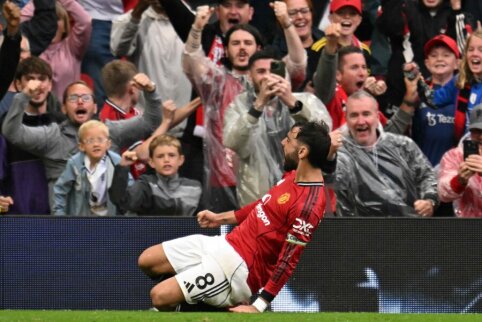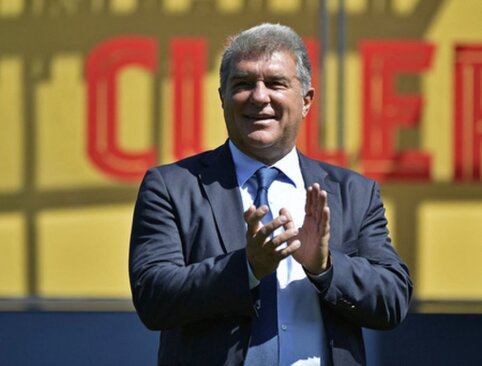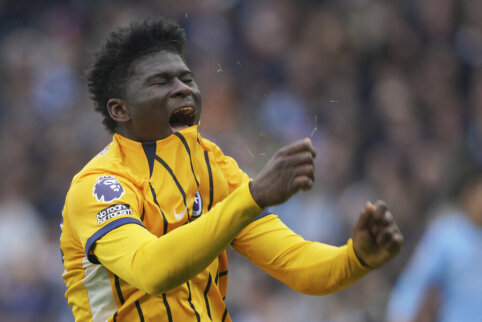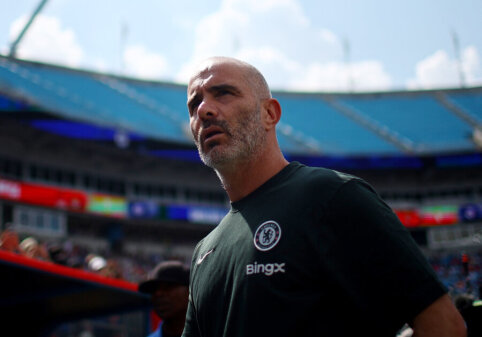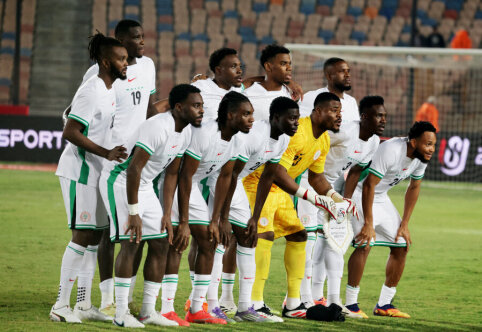 © EuroFootball.com
© EuroFootball.com
According to UEFA officials, if the Belgian club "Charleroi" wins an important case in court regarding compensation for players injured during national team duty, international competitions may no longer take place.
"Charleroi" took FIFA to court, claiming that their player Abdelmajid Oulmers suffered an injury in 2004 while playing for the Moroccan national team. A victory for the Belgians would mean that national teams may have to pay compensation to clubs for possible player injuries sustained while representing their country.
According to UEFA representative William Gaillard, if such compensation had to be paid and national teams maintained, only a few countries could afford it: "It would mean the end of national team competitions. Only Spain, Germany, Italy, France, and England would participate in the World Cup."
Speaking with the BBC, Gaillard stated that international competitions are what "people still love the most" and gave an example with English fans: "If you were to ask English fans if they would rather see an English club win the Champions League or the English national team win any championship, I think everyone knows the answer."
"Charleroi" claims in their case that Oulmers' absence hindered their chances of winning the 2004/05 Belgian championship season and they want compensation equivalent to his salary for the period he couldn't play due to injury.
In May, the case was transferred from the Charleroi tribunal to the European Court of Justice, where it awaits its turn. The Belgian club is supported by the G14 organization of the most powerful clubs on the continent, which is unhappy that under FIFA rules players must be released for international matches without the possibility of receiving financial compensation.
It would be the end of international football for every federation except the big five in Europe. I spoke with Brazilian, Scandinavian, and Eastern European football experts, and they all said that in that case, we would no longer see our stars playing for national teams. Only Spain, Germany, Italy, France, and England would participate in the World Cup, and that would be the end. Recently, the head of the Irish federation said that if we had to pay for our stars, we wouldn't see Robbie Keane playing for Ireland. There would be no chance to pay even a fifth for our players for the Brazilian federation," Gaillard confirmed.
One of the clubs demanding payment is "Newcastle," which is negotiating with the English Football Association for compensation for the national team striker Michael Owen's injury during the World Cup. This is possible because the English FA is one of the most advanced football federations in the world in terms of insurance and offers players who suffer injuries to pay their salaries for up to two years. It is believed that the highest amount could reach £55,000 per week.
Meanwhile, London's "Arsenal" manager Arsene Wenger, who recently [link="http://www.eurofootball.com/index.php?page=news&id=7466"]lost three players[/link] during the international break, this week engaged in a discussion comparing national team coaches to people driving foreign cars.
"What national team coaches do can be described as driving a car from his (club coach's) garage without even asking for permission. Then they use the car for ten days and leave it outside with an empty fuel tank. Then we have to refuel, but it's already broken. After a month, they come back to take your car again and, on top of that, you have to be polite," Wenger joked.
This is not the first time a case started in Belgium threatens to shake up the football world. In December 1995, Belgian Jean-Marc Bosman [link="http://www.eurofootball.com/index.php?page=news&id=2783"]won a case[/link] against his former club "Liege" regarding the right to move to the French team "Dunkerque" without compensation. Following the European Court of Justice ruling in favor of Bosman, footballers can move to another club without any transfer fee once their contracts expire.

